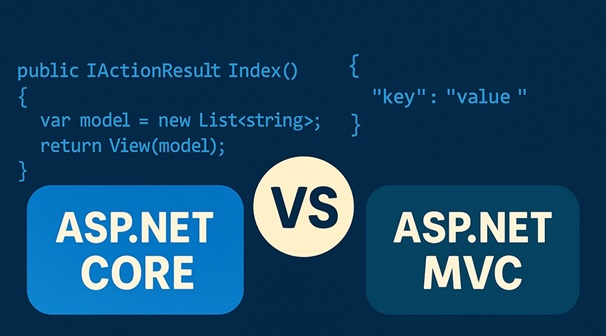Custom mobile apps aren’t just nice-to-haves - they’re becoming essential for businesses that want to grow smarter and move faster. A well-built app gives your customers direct access to your services, while giving your team tools to work more efficiently and gather real insights.
Unlike generic, off-the-shelf apps, custom solutions are designed specifically for how your business operates - no bloated features, no unnecessary limits. Whether you need to streamline workflows, boost mobile sales, or improve internal communication, a custom app becomes a real engine for change, not just another piece of tech.
What Do Mobile App Development Services Include?
Mobile software development services encompass the entire lifecycle of an application - from ideation and design to deployment and maintenance. These services typically include:
- Requirement analysis and product discovery
- UI/UX design tailored for mobile platforms
- Cross-platform or native development (iOS, Android)
- Backend and API integrations
- Rigorous testing and QA
- Continuous support and updates
By leveraging professional mobile development services, businesses gain access to experienced developers and designers who understand platform-specific guidelines and performance best practices. This ensures not only a functional app but one that provides a smooth, intuitive experience across devices.
Why Mobile Applications Are the Future of Business Operations
As mobile usage continues to grow, businesses are recognizing that having a mobile-friendly website is no longer enough. A dedicated mobile application allows for deeper personalization, real-time engagement through push notifications, and the ability to leverage device features like GPS and biometrics.
Many businesses today use mobile applications to manage inventory, facilitate communication between teams, or deliver tailored services to customers. From booking platforms and loyalty apps to field service tools and AI-powered chatbots, mobile applications have a wide array of use cases that can be adapted to virtually any industry.
Beyond convenience, mobile apps help collect user behavior data that can inform business strategies, refine marketing campaigns, and forecast trends. When integrated properly, they become a valuable asset for long-term growth and innovation.
Common Mistakes to Avoid in Mobile App Development
Even with the best intentions, businesses often fall into several traps when launching a mobile application. One of the most common mistakes is skipping the discovery phase. Rushing into development without a clear understanding of user needs, technical requirements, and market expectations can lead to rework, increased costs, or user abandonment.
Another frequent issue is trying to replicate a desktop experience on mobile. Mobile users behave differently and expect streamlined interactions, fast loading times, and minimalist design. Overloading the app with features or unnecessary animations can frustrate users and degrade performance.
Neglecting updates is another pitfall. Apps must evolve alongside user expectations and OS changes. Without regular updates and feedback loops, even the most well-built app can become obsolete quickly. Businesses should commit to long-term maintenance and iteration based on real-world usage.
The Role of Mobile Software Engineering in Scalability
When building a mobile software development strategy, it’s not just about launching a product - it’s about thinking long-term. Mobile software engineering isn’t just coding the app; it includes designing scalable architectures, choosing the right tech stack (React Native, Flutter, Swift, Kotlin), and ensuring integration with existing systems like CRMs, ERPs, or third-party APIs.
Scalability should be built in from the start. Too many businesses underestimate the importance of architecture - only to realize too late that their app can’t handle growth or new features without major rewrites.
Final Thoughts
Investing in mobile application development services isn’t just about staying relevant - it’s about future-proofing your business. As customer expectations continue to evolve, companies need tools that are scalable, secure, and capable of delivering real value. A thoughtfully developed mobile application can help businesses adapt faster, serve customers better, and innovate with confidence.
The process of developing a mobile app should be collaborative and rooted in a deep understanding of both business goals and user behavior. By working with the right development team and avoiding common pitfalls, businesses can unlock the full potential of mobile technology.
Remember: it's not just about launching an app - it’s about creating a mobile experience that grows with your users and your vision.

 LinkedIn
LinkedIn
 Twitter
Twitter
 Facebook
Facebook
 Youtube
Youtube







